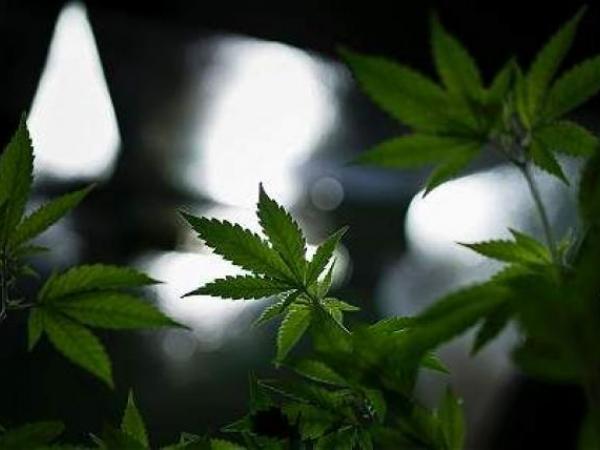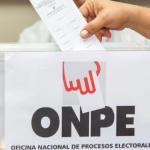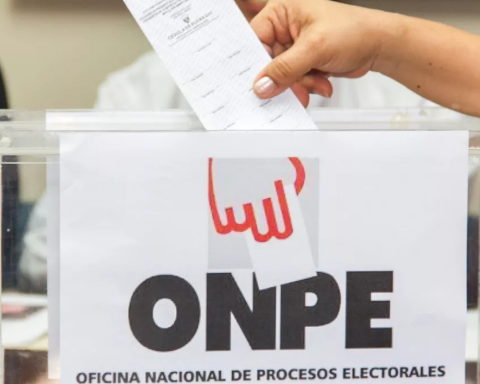After the issuance of the Resolution 227 of 2022by the National Government, in which regulates the industrial use of the plant component of the cannabis plant (leaves, stems or grains), the sector is positive about this “step” that establishes conditions to improve the processes with which licenses and quotas are granted for products; as well as the use of cannabis components in food, beverages, dietary supplements and textiles.
(Keys to understand the new regulation of cannabis for industrial use).
For Rodrigo Arcila Gómez, executive president of Asocolcanna (Colombian Association of Cannabis Industries), this new resolution not only offers a wide use of the plant in various sectors, but also it gives more agility to the cannabis agro-industrial chain in the country, which is already approaching US$8 million.
“This is a very important step for us that allows us to have better conditions for the future of this industry. As the President and the Minister of Health said, there are many uses, not only in the medicinal and scientific industry, but also in industrial uses that start from sectors such as food and beverages, through the textile sector, the construction sector and even bioplastics ” Arcila commented.
Now, on the subject of exports, the president of Asocolcanna specified that from this resolution a very important field is opened for national companies. However, this measure must be accompanied by another resolution that must regulate how the export of dried flower will be developed.
(National Government regulated industrial use of cannabis).
“It will certainly open the field, but we need to close the circle, bearing in mind that the Foreign Trade resolution is missing, which is what enables the export of dried flowers and that it already has a very advanced process in the Public Function and in the Superintendency of Industry and Commerce. (SIC). We are waiting for it, it is the purpose of the Government. On the other hand, in order to enter the beverage and food sectors that want to use CBD, we need the Government and the Ministry of Health to authorize a regulation that allows precisely certain levels of CBD, which is what was left in the regulation of resolution 227 ”, added Arcila Gómez.
THE BUSINESS LOOK
At a business level, companies such as Clever Leaves highlighted that this new standard will allow the medical cannabis industry in Colombia to complement the regulatory framework to export dried flower and to operate in a more agile and more competitive manner in the national territory.
“This measure allows us to react more quickly to the realities of the market and also allows us to start with the dried flower activities. This is the first of three resolutions that must be derived from the aforementioned decree, the one that follows is the one that refers to foreign trade of dried flowers, particularly, and later on the industrial uses, that is, of food and beverages of CBD”, he pointed out. Julián Wilches, co-founder and director of corporate and regulatory affairs at Clever Leaves.
(Colombian cannabis startup launches its NFT collection).
Along these lines, Ernesto Castilla, Legal Director of Avicanna Latam, said that this particular resolution, although it does not include the issue of dried flower exports, does contemplate improvements in the system for granting and taking advantage of quotas.
Thus, “by making it more dynamic, companies in the sector can adjust their operating expectations in the face of regulatory requirements; for example, the ability to start a crop cycle at any time of the year and receive that flower in the laboratory for processing, despite the fact that one thing happens before the end of the year and the other after it”he explained.
According to Luis Merchán, CEO and president of Flora Growth Corp, the new Resolution 227 of 2022 puts Colombia at the forefront in regulatory terms in the cannabis industry in the world. This will undoubtedly benefit companies that enter, for example, export categories of food and beverages with cannabinoids.
“This movement broadly benefits companies like Flora Growth that work in many categories, in terms of cannabis, including the cultivation of dried flowers, the manufacture, distribution and export of food and beverages with healthy and safe cannabinoids, the manufacture and distribution of dietary supplements and others,” said Merchán.
Finally, Eduardo Mayorga, manager of Green Health, a company that produces extracts and flowers in Santander, pointed out that this initiative consolidates a new stage that highlights the work of entities such as Invima, narcotics, ICA, the Ministry of Foreign Trade, the Ministry of Health and Justice are working hand in hand. “The moment of truth has arrived and that everything that is written becomes a reality for export.”
BRIEFCASE

















